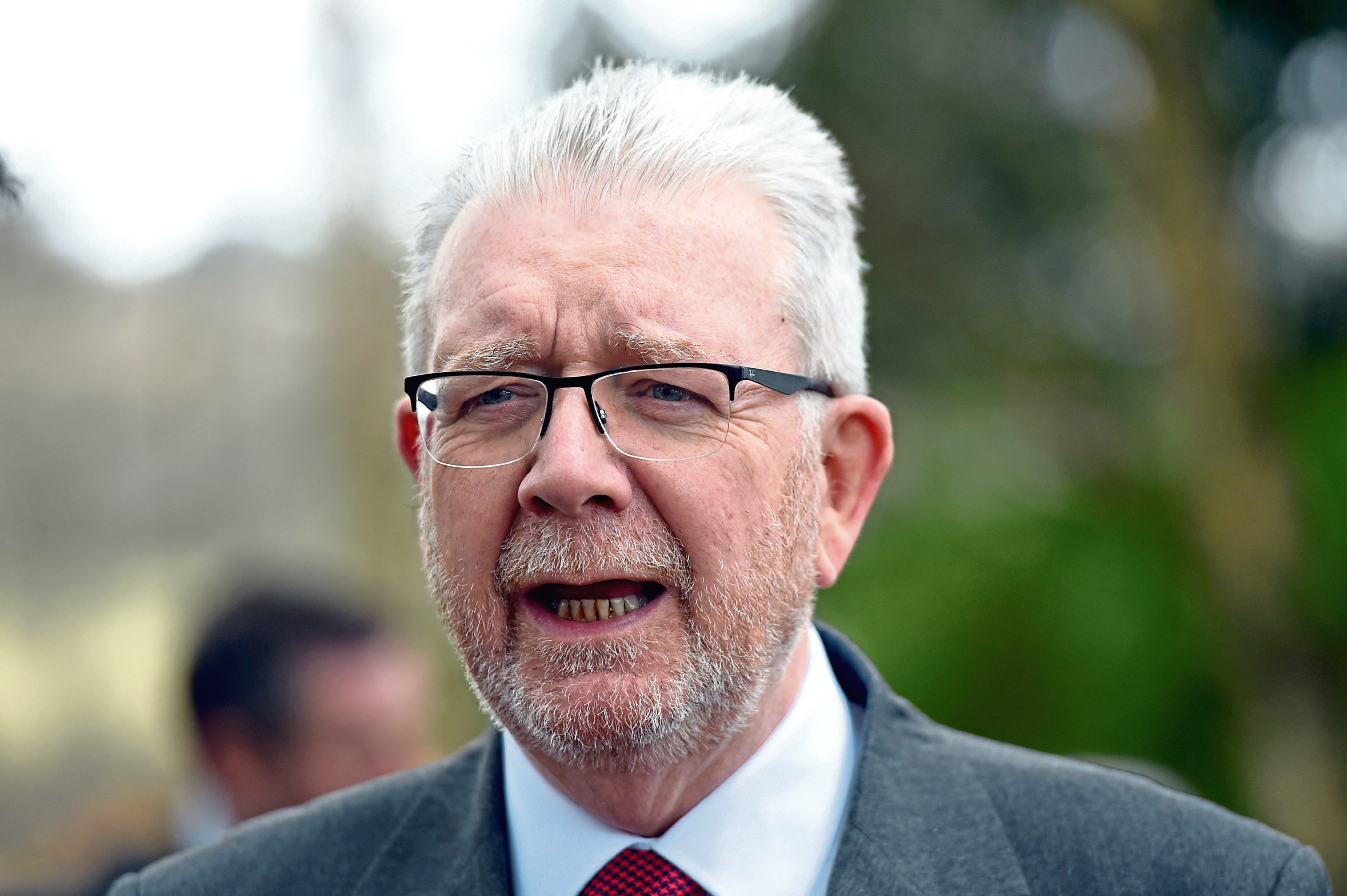
HOLYROOD will not give consent to any further Brexit legislation until the “broken” devolution system is fixed, Scotland’s Brexit Minister has indicated.
Mike Russell said the Scottish Government no longer trusted UK ministers following a breakdown in relations over the handling of the EU Withdrawal Bill.
He added that he “couldn’t conceive of circumstances” where MSPs would vote to give approval for further legislation related to leaving the EU, such as trade, agriculture and fisheries.
MPs approved parts of the EU Withdrawal Bill related to devolution after less than 20 minutes of debate last week, despite the Scottish Parliament voting against granting formal consent for the Bill.
Under the Sewel Convention, Westminster does not normally legislate on devolved matters without Holyrood’s approval.
First Minister Nicola Surgeon said the convention had been “ripped up”, while Mr Russell told MSPs earlier this week that “urgent discussions” must now take place with Westminster over the issue.
Speaking on BBC Radio Scotland’s Good Morning Scotland programme, Mr Russell said: “We are absolutely clear that the way that devolution operates and the structures of devolution have failed, and they failed because the UK Government is refusing to operate them.
“For example, on the Sewel Convention, we need to have the interpretation of that written down in statute and made legally binding, because what we’ve presently got is a situation where the UK Government makes the rules and then breaks them themselves, and there are no sanctions.”
He said that, while there was “practical work” to do to prepare for Brexit, “it is very difficult to do that work because, frankly, we don’t trust the UK Government with it”.
Mr Russell added that he “couldn’t conceive of circumstances in which we brought legislative consent motions about Brexit issues to the chamber until we have resolved the issue of the Sewel Convention and the way the parliaments work together. We don’t trust that system any longer.
“The ball is very much in their (the UK Government’s) court; we have said there are things we cannot now do because they have broken the system.
“They need to look at that and they need to work constructively with us.”

Enjoy the convenience of having The Sunday Post delivered as a digital ePaper straight to your smartphone, tablet or computer.
Subscribe for only £5.49 a month and enjoy all the benefits of the printed paper as a digital replica.
Subscribe